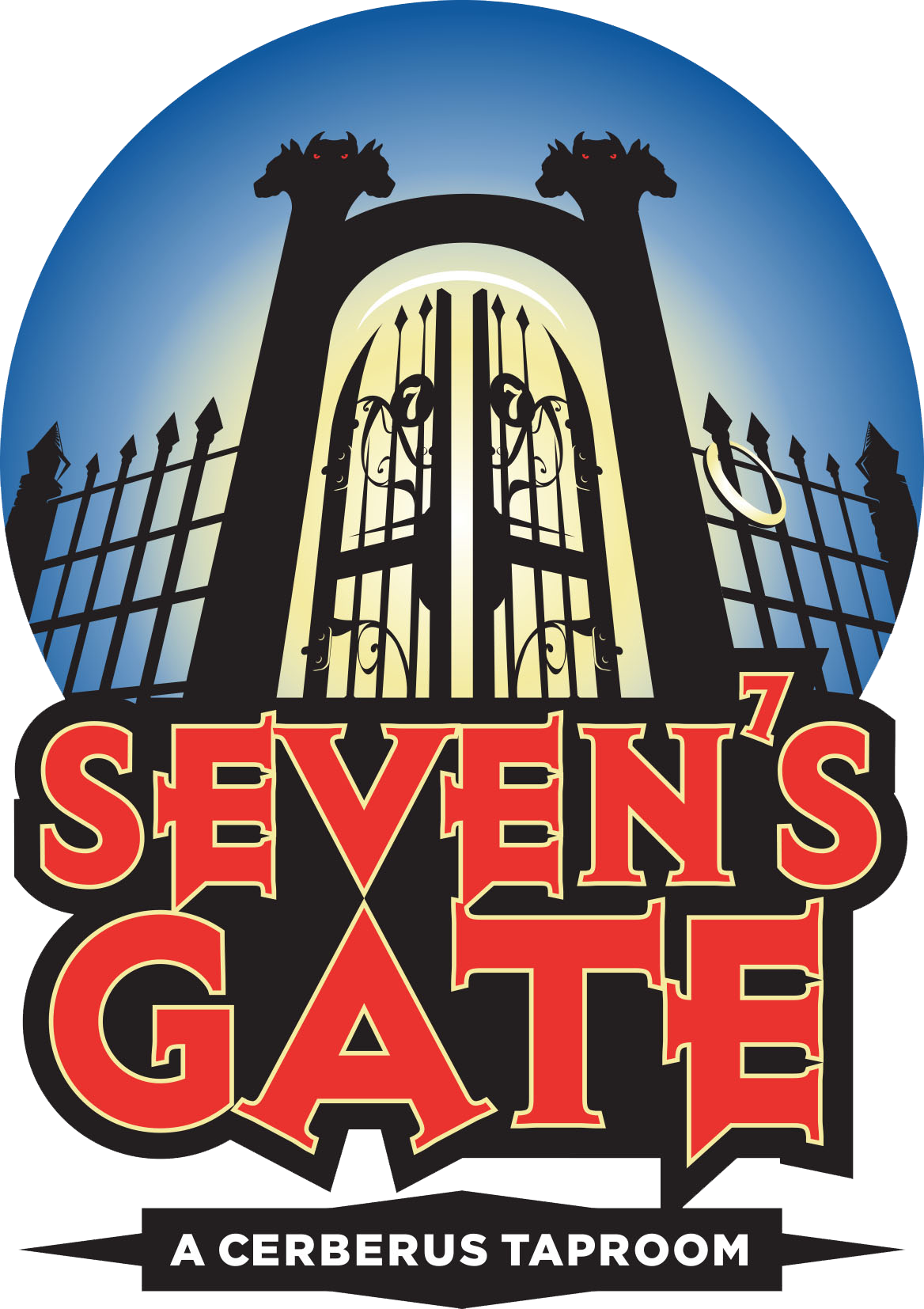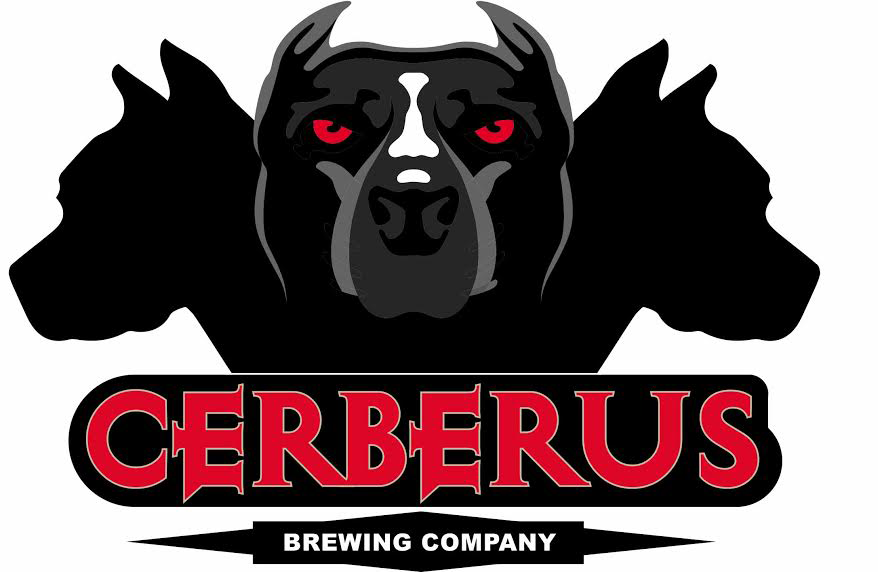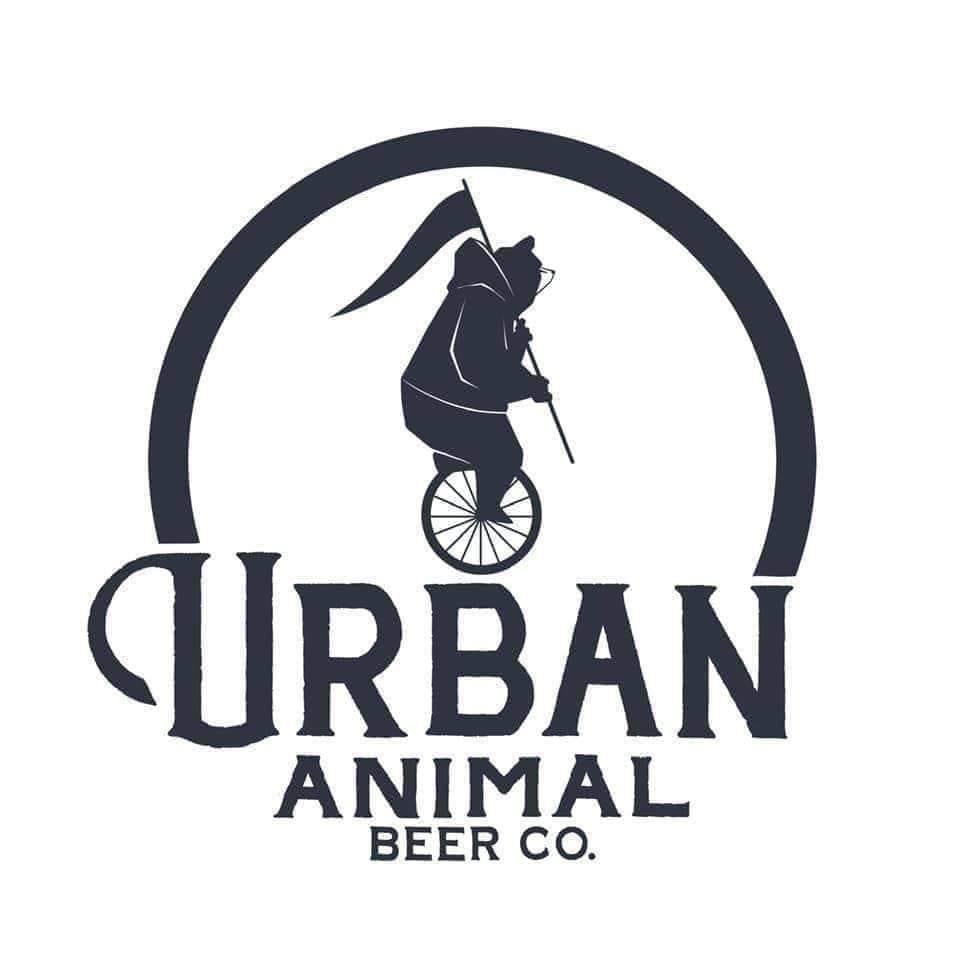Food is a universal commodity that brings people together in every culture, in every country, regardless of age, sex or preferences. The concept of dining is one of the most instinctual, organic and binding processes that people practice routinely up to three, or four (second dinner), times a day. Yet one word consistently used to describe cuisine, that actually has a positive connotation at it’s core, is beginning to take on a diminishing and negative aptitude. It’s time to ditch the term, once and for all, “authentic.”
According to the dictionary by Merriam-Webster, definitions of the word authentic somewhat vary, used in different contexts it can mean:
- a) worthy of acceptance or belief as conforming to or based on fact
- paints an authentic picture of our society
b) conforming to an original so as to reproduce essential features
- an authentic reproduction of a colonial farmhouse
c) made or done the same way as an original
- authentic Mexican fare
3. true to one’s own personality, spirit, or character
- is sincere and authentic with no pretensions
4. obsolete: authoritative
We constantly hear a broken record of complaints dismissing certain culinary interpretations as “not that good” because it isn’t “authentic” and we hope like hell to break this horrid spell.
The first and the third denotations of the word appeal to our sensibilities as the upmost supporters of the craft, while the fourth point solidifies our stance in a big way. If we continue to disparage restaurants and chefs that exhibit their creativity because it doesn’t fit our preconceived mold or as 1.b) states, conforms, then we are doing the gastronomic culture and the people who create the plates before us a stunning disservice.
RMFR weighs in with a few of Colorado Springs’ most well-known chefs that are all too familiar with the backlash of such restrictive projections and we ask them how the word “authentic” resonates.
Mark Henry, chef/owner: Rooster’s House of Ramen
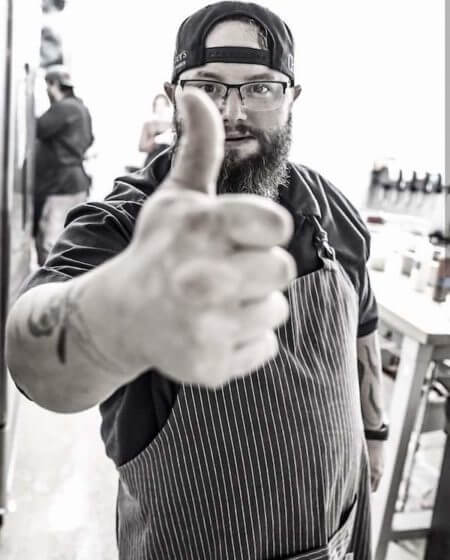
“People see Rooster’s House of Ramen on the window and think we’re a noodle house and partly yes we are, but my definition of ramen is going to be years and years apart from Masaharu Morimoto,” says Henry. “The guy is a 67-year old Japanese guy from the God damn heart of Tokyo and I’m a fat, white-guy from New York.”
Henry feels that it’s partly his responsibility as a chef to educate his patrons on the subject matter and hopes that fellow cooks, servers and bartenders can enlighten customers on the importance of originality over mere imitation.
“That’s where I think we have kind of missed the mark and we have to bridge that gap,” says Henry. “The hardest part is going to a table and explaining to someone who you are, what you are and why.”
Henry describes his food as just that, his food, and no one elses…nor does he try to make it so.
“I can give you authentic ramen and it’s going to fucking suck because I don’t know shit about it,” says Henry. “Or, I can give you authentic Mark Henry food and it’s going to be the best version of itself because that’s what I do know. I’m not here to give you an “authentic” Japanese experience. You can go to United Airlines and book a flight to Japan if that’s what you’re interested in. I’m here to give you the best experience I can provide and part of that is you being open-minded.”

Henry blames an obsession with labels as a core root of the issue and we concur. How much more enjoyable and exciting could it be if we chose to treat each present moment as a new opportunity to discover the flavors that are in front of us?
“It’s now the age of explorative presentation and ingredients, community tables and meeting people that you wouldn’t have encountered before,” says Henry. “You’re going to leave with a memory you created around this food because that’s what food is, a memory, and memories should be fun. That is what’s so awesome about the restaurant industry and consumerism.”
Mario Vasquez, chef/owner: Colorado Craft Tejon Street Social

The 30-year old chef and Colorado transplant from Northern California acknowledges that “a lot of older chefs [are] really in touch with their roots” but Vasquez feels he is entering a space as a young industry leader who intends “to try different things” and is able “to see through my own eyes.”

“Where I grew up we had a lot of Mexican heritage so you’ll see little hints of that in my cuisine but my upbringing was a melting pot with a wide range of different culture’s foods,” says Vasquez. “I don’t want to be a chef that’s just known for Mexican food… I want to be the chef that puts flavors together in a cool and different way.”
Vasquez says he strives to create dishes “that make sense” and combines all of his influences to establish meals “that look and pair beautifully.”
“To me when you call something traditional or authentic it means it’s kind of dead already,” says Vasquez. “That’s boring. Just because it’s been that way doesn’t mean it has to be.”
“We’re trying to push the envelope and have people come and enjoy the experience. I’m trying to make really good food, that’s local and sourced responsibly. It is so much more though than just food on a plate, it’s an expression and no one really understands how much work it takes for us to do it.”
Franco Pisani, chef/owner: Paravicini’s Italian Bistro and Sopra

“How can you really put a pin in the word authentic?” Pisani asks. Who is all too familiar with guests fresh off of an Italian vacation who’re happy to educate him on the subject of “real” Italian food.
“Paravicini’s and Sopra is Italian American,” says Pisani directly. “When Italians immigrated to America they used the food that was around them and that was available. The same thing with Italian American food, we take the procedures and adapt them using local ingredients. It’s different from Italy to here and from state to state. Northern Italian has more French influence, Southern Italian is more peasant food, there’s a whole spectrum.”
Pisani laughs at the inclination that we even have access to certain high-quality European goods.
“You don’t think Italy sends their best olive oil to the US do you?” Pisani exclaims. “No! They keep it for themselves.”
He indicates how obvious the subjective nature of authenticity is and plainly says that “authentic is different based on every person’s opinion.”
“I have three aunts and my mother and they all make the same tomato sauce recipe from my grandmother but every single one of them tastes different,” says Pisani. “A pinch of salt is bigger for one person than it is for the next.”
“Who could define authentic? Authentic to what? Authentic to the way I’ve been making it since I was 14 years old or the way your chef from your hometown makes it? I take the best ingredients I have and the traditions handed down from my family and meld it into my own style of American Italian.”
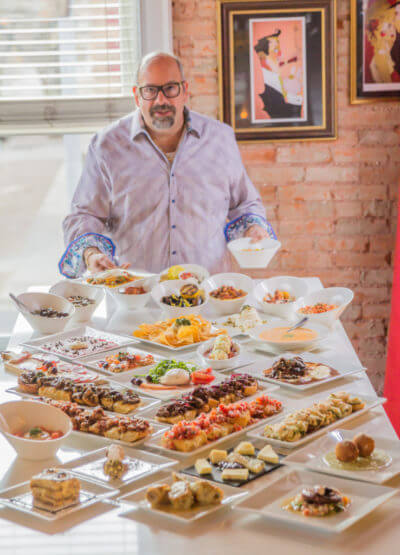
Many of us find strength, individuality and pride in our ethnic backgrounds and celebrate our cultural diversity oftentimes through what we eat and what we cook. So why do we limit the imaginations of our chefs? Why can’t we afford him/her the opportunity to tap into their individuality the same way we would allow an artist, who is familiar with the rules, to paint something outside of the box that is abstract or surreal.
We need to take a few steps back to reflect on the foods that are being written off for not being “authentic” enough and consider, do we really want them to be? In a confusing and empowering social climate we welcome inclusion and equality, but in the culinary world we seem to wrestle with outdated expectations of what we think should appear on our forks.
“People can identify however they want and we have taken this box that is society, thrown it the fuck away and lit it on fire,” says Henry. “But when it comes to food culture, we’re in a God damn chastity belt. Take the fucking chains off and let’s have some fun.”


